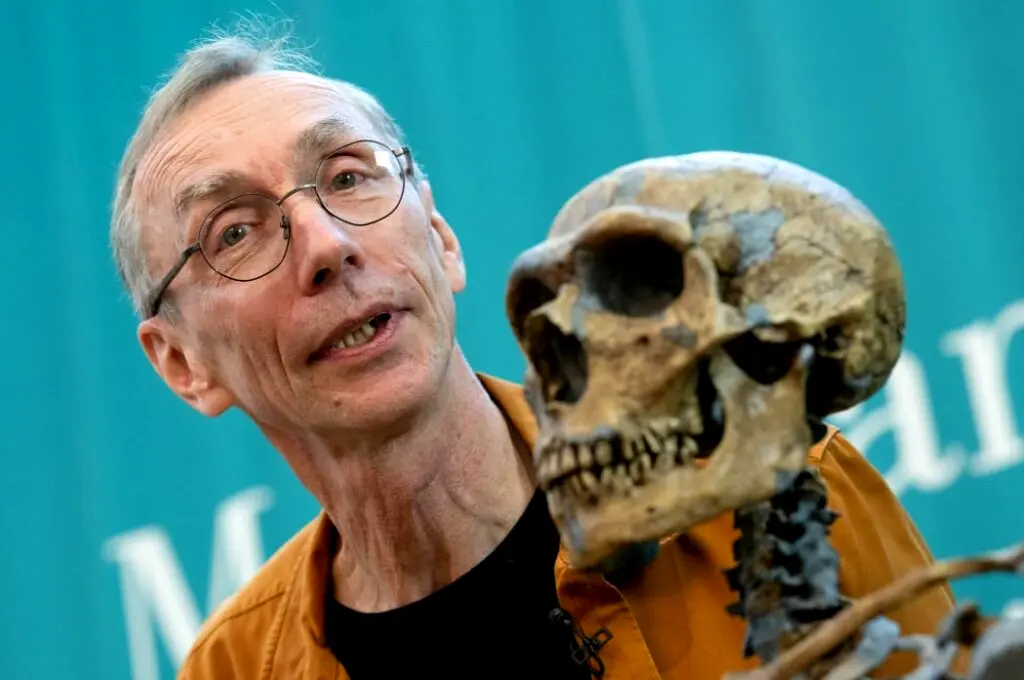The 2022 Nobel Prize in Physiology or Medicine was awarded on Monday to 67-year-old Swedish researcher Svante Paabo.
Deoxyribonucleic acid (DNA) was extracted from 40,000-year-old bones by Paabo, who afterwards won the Nobel Prize for his exceptional years of research.
The genome of the Neanderthal, an extinct relative of modern humans, was sequenced using his skills, among other things.
The fact that extinct hominins and homo sapiens shared genes was also proven by him.
Read Also: A World Redrawn: Nobel Winner Deaton Warns COVID-19 Could Worsen Inequality
According to the Nobel Prize organization’s website, Paabo was awarded the prize, “for his discoveries concerning the genomes of extinct hominins and human evolution.”
“Paabo’s seminal research gave rise to an entirely new scientific discipline; paleogenomics. By revealing genetic differences that distinguish all living humans from extinct hominins, his discoveries provide the basis for exploring what makes us uniquely human,” the statement added.
What Paabo’s study accomplished was thought to be impossible, according to Dr. Nils-Goran Larsson, the chairman of the Nobel Committee for Physiology or Medicine and a professor of medical biochemistry at the Karolinska Institute in Stockholm.
Speaking in an audio clip that was broadcast on the Nobel Prize website, Paabo said his research helped him realize that there were several kinds of humans and that they had influenced modern-day homo sapiens.
“Well, it does tell us that we are very closely related, first of all, and we are so closely related that they have contributed quite directly, 50, 60 thousand years ago, DNA to the ancestors of most people today, those who have their roots outside Africa. And that variation that, sort of, those variants do have an influence, and influence many things in our physiology today,” he said.
When asked if the discovery might change how people today thought of themselves, he responded, “In some sense, I do think it does so, the sort of realisation that until quite recently, maybe 14 hundred generations or so ago there were other forms of humans around and they mixed with our ancestors and have contributed to us today.
“The fact that the last 40 thousand years are unique in human history, in that we are the only form of humans around. Until that time, there were almost always other types of humans that existed.”
In his reaction to the work and prize, Paabo said he “did not think that this really would qualify for a Nobel Prize,” adding that he never expected to get the call informing him of the win.
“So I was just gulping down the last cup of tea to go and pick up my daughter at her nanny where she has had an overnight stay.
“And then I got this call from Sweden and I of course thought it had something to do with our little summer house… I thought the lawn mower had broken down or something.
Paabo, one of the pioneers of paleogenetics and a professor at the Okinawa Institute of Science and Technology in Japan, was born on April 20, 1955.
He received his PhD from Uppsala University in Sweden in 1986 for his studies on the immune system’s modulation by the adenovirus E19 protein.
He serves as the director of the Leipzig, Germany-based Max Planck Institute for Evolutionary Anthropology.


















